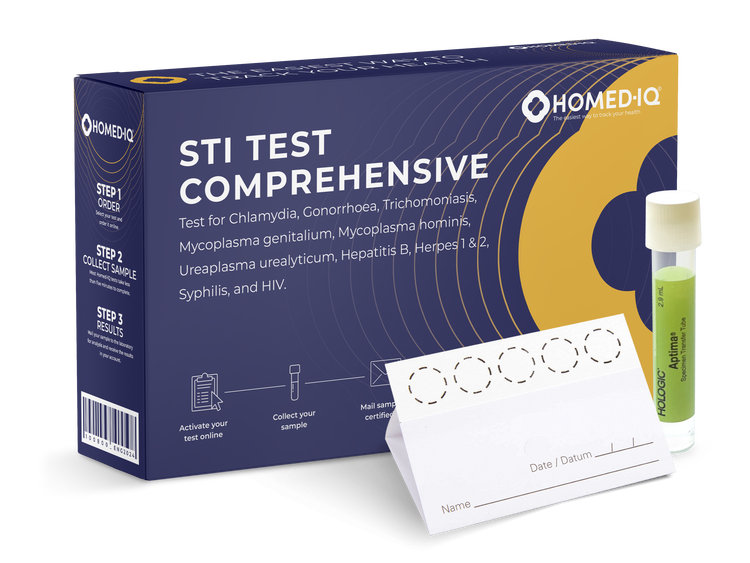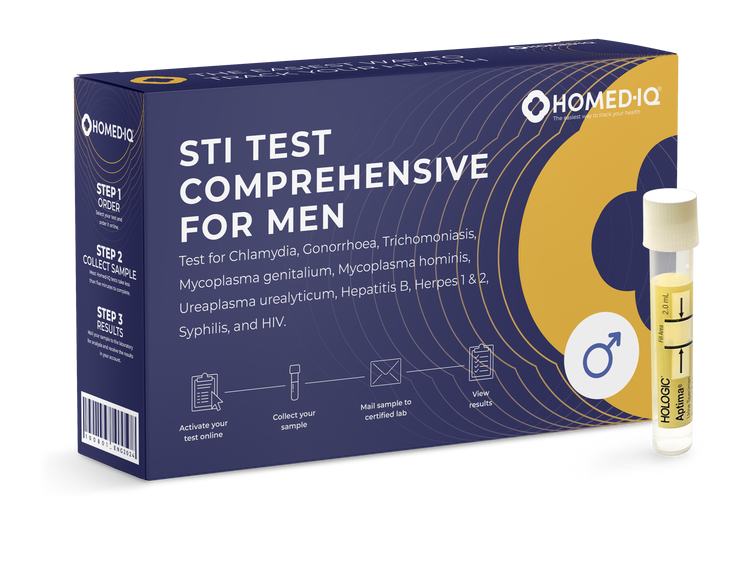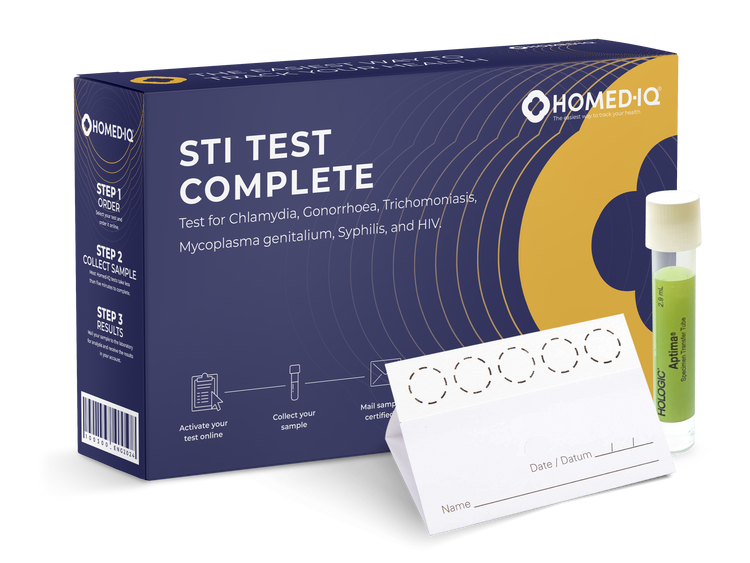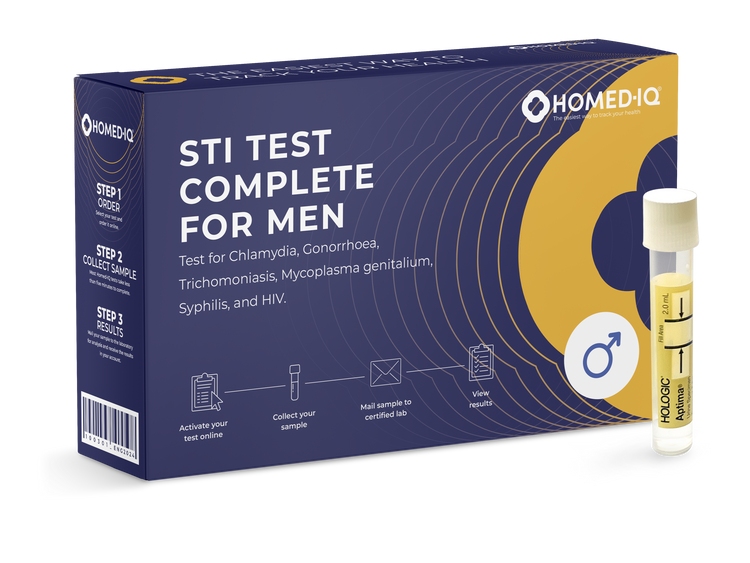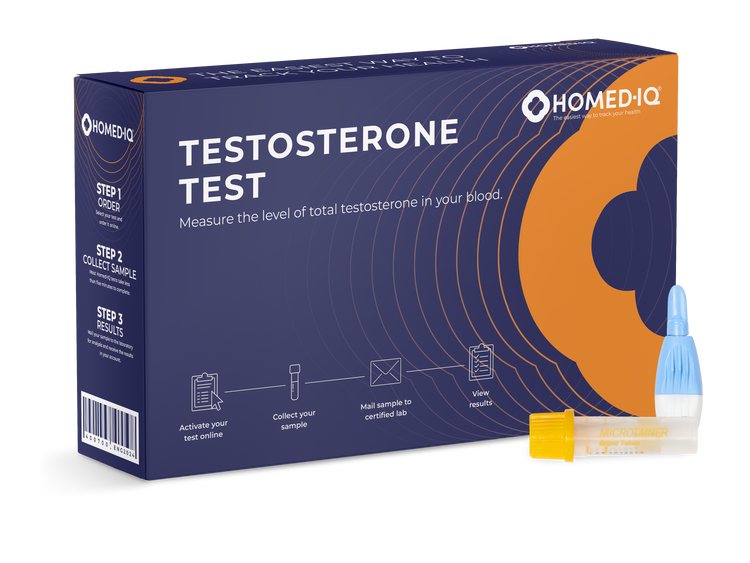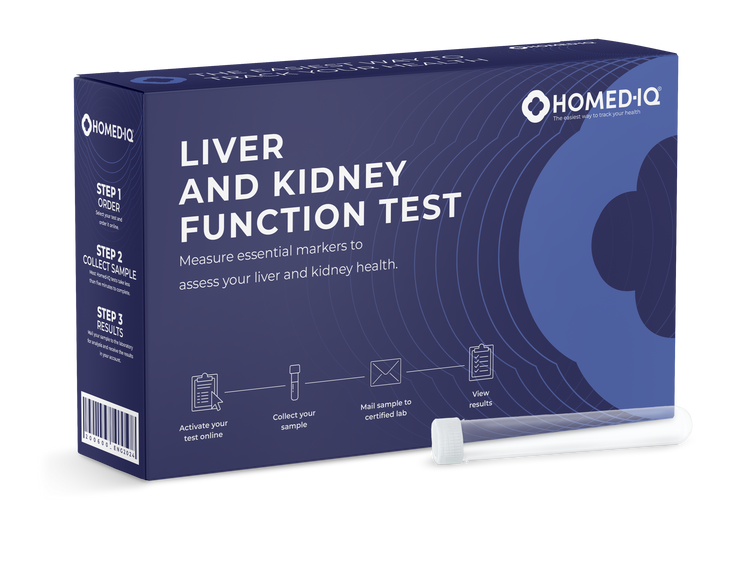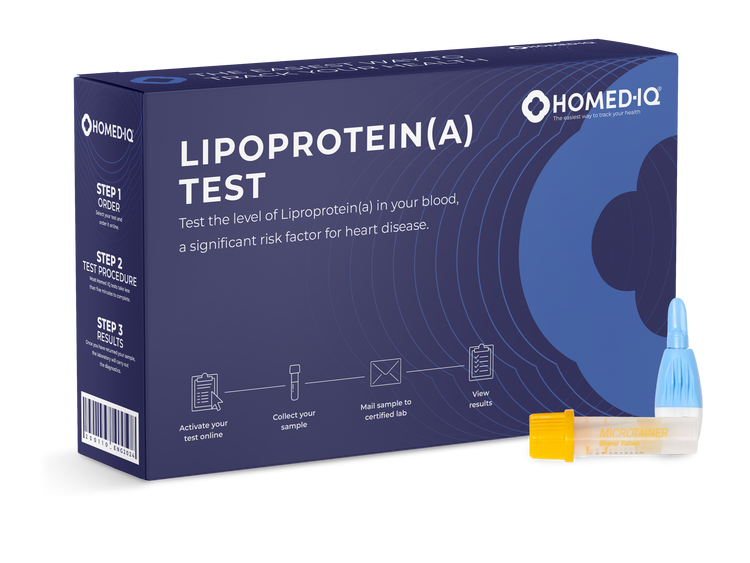Liver Function Blood Test
Regular price
€45,00
FREE SHIPPING
This test checks for several key indicators of liver health. As liver disease often does not cause detectable symptoms until it is in an advanced stage and permanent liver damage has occurred, this test allows you to monitor liver function from home.
Test mode:
Finger prick test
-80
€45,00
FAQs
Can you reverse liver damage?
Do elevated liver enzymes always indicate liver damage?
What can cause elevated liver enzymes?
What increases my risk of liver disease?
What is the average age for liver disease?
What can I do to keep my liver healthy?
Can the liver repair itself?
Can you test your liver function from home?
How accurate is this at home liver test?
How does it work?
-
![Woman in professional cozy kitchen with Homed-IQ test kit]() 1
1Order your test
Fast and discrete letterbox delivery
-
![]() 2
2Activate & take your sample
Video instructions included
-
![]() 3
3Laboratory analysis
ISO - Certified lab network
-
![]() 4
4Receive your results
Easy access through mobile









